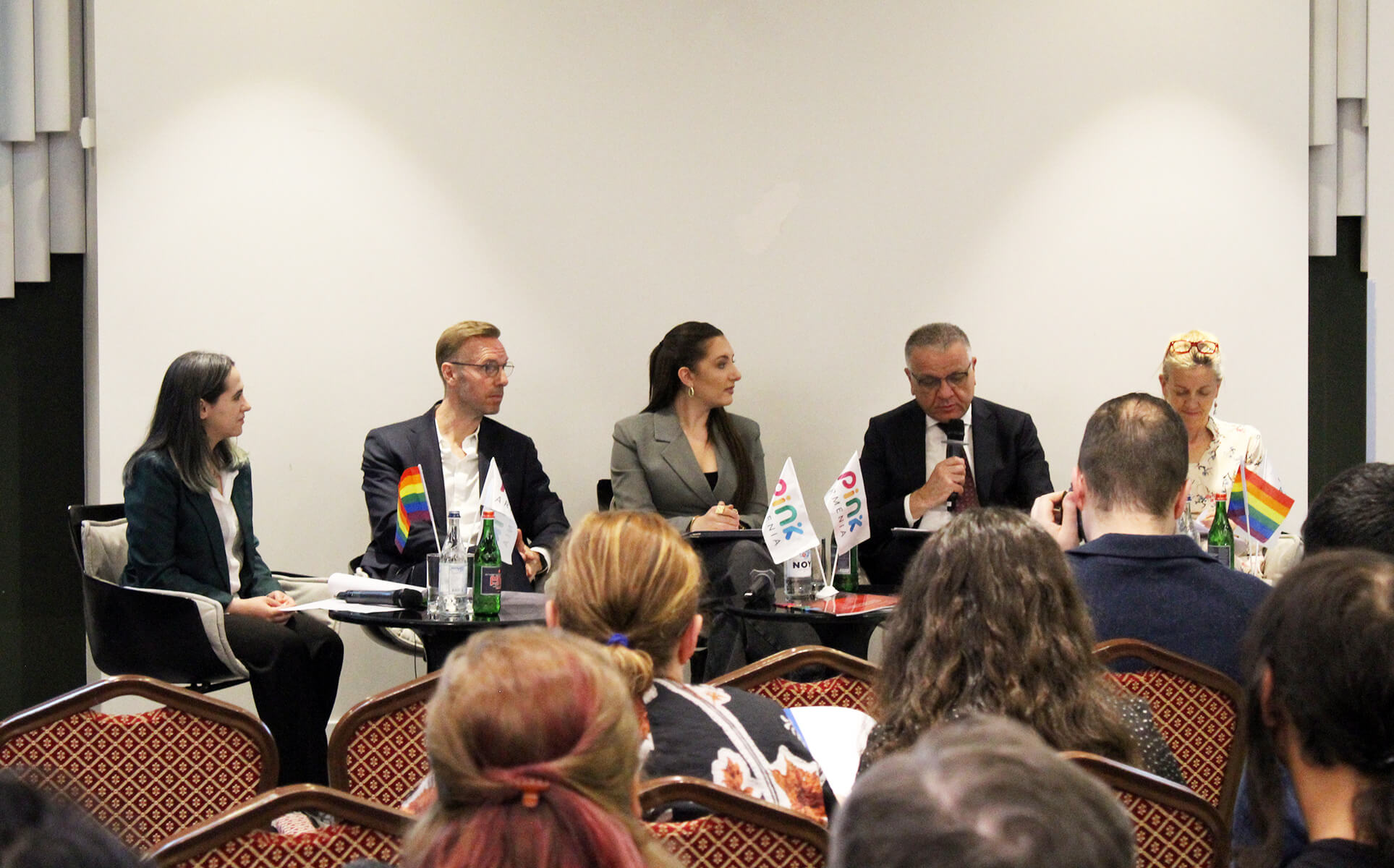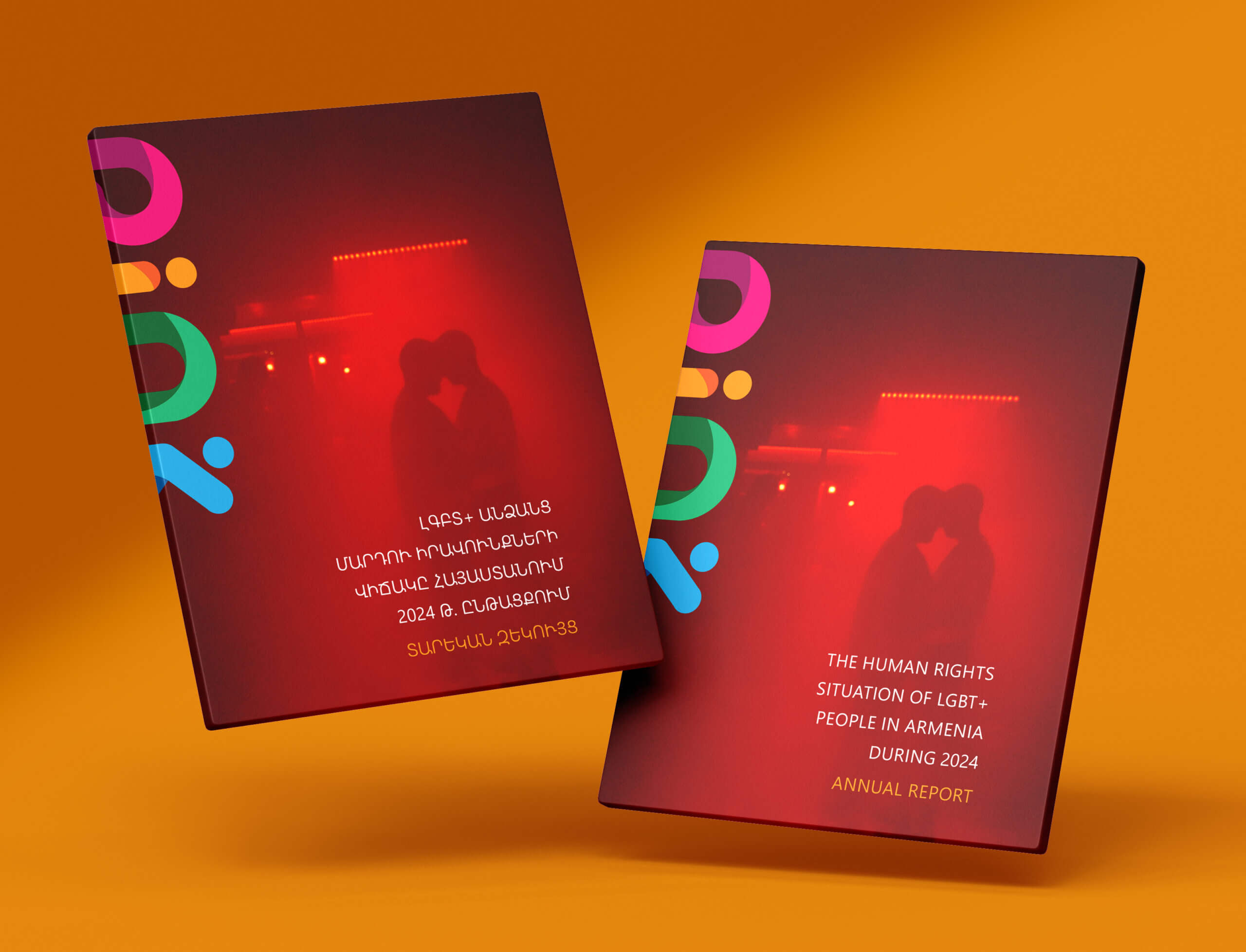European court finds hate speech on Facebook a violation of human rights
On 14 of January, the European Court of Human Rights published its’ judgment on the case of Beizaras and Levickas v. Lithuania concerning online hate speech.
The case is about online hate speech against LGBT people. In particular, two young men who applied to the European Court, are in same-sex relationship and they’ve posted their picture on Facebook. As a result, a group of people used hate speech, calls for violence referring to the couple’s sexual orientation in the comment section of the photo.
Law enforcement agencies refused to investigate the case, arguing that the commentators have exercised their freedom of speech and that their expressions were insufficient for criminal prosecution.
The European Court has found that the Lithuanian authorities have failed to protect the applicants’ right to respect for private and family life because the comments have been abusive and have damaged the young men’s psychological well-being and dignity. Moreover, the European Court has found that failure to comply with the case was conditioned by the fact that the applicants identify themselves as members of LGBT community, and therefore there is also discrimination.
The European Court has also found that Lithuania has violated the right to effective remedies for victims, because they have not been given an opportunity to dispute the violation of their right to privacy.
It is noteworthy, that the recent spread of hate speech in Armenia, which is especially displayed on online platforms, does not receive adequate legal assessment by the law enforcement agencies/bodies of Republic of Armenia. First of all, the problems are the legislative gaps and inadequate regulation that allow law enforcement agencies/bodies to ignore incitement to hatred and hostility based on person’s sexual orientation and/or gender identity, calls for violence and discrimination.
It should be reminded that the judgments made by the European Court are considered as a part of the domestic legislation of the Republic of Armenia and according to the Constitution they also should be applied when interpreting human rights provisions. Therefore, although the judgment/verdict does not directly refer to Armenia, it must also be applied by Armenian law enforcement agencies to avoid human rights violations.
At the same time, it should be noted that months ago the Ministry of Justice published the draft amendment for criminalization of public calls for violence, justification or propaganda of violence, which is still under development. A new draft of the Criminal Code has also been presented for public discussion, which will provide for responsibility for inciting social hatred and intolerance.
The judgment is as follows: https://hudoc.echr.coe.int/eng#{%22itemid%22:[%22001-200344%22]}




